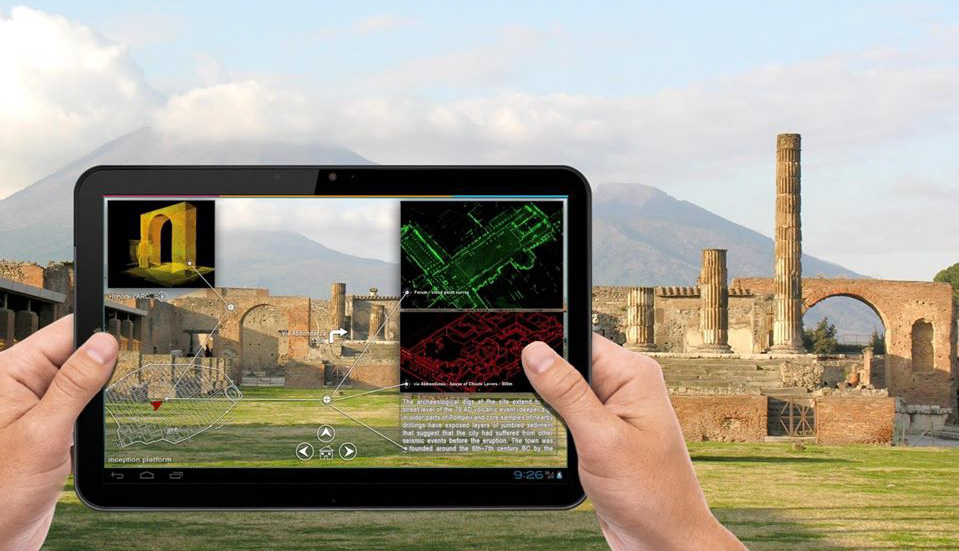One new pilot project will involve 3D digitising a cultural heritage building in Italy using the protocols, tools and platform developed by Project INCEPTION, with a view to establishing a new reference example to be used as a benchmark for future similar projects. The new pilot project will be implemented by the newly created spin-off INCEPTION, incubated at the University of Ferrara.
The new project will generate valuable knowledge relating to benchmarks, methodologies and guidelines for 3D digitisation of cultural heritage monuments and sites. The process of running the pilot project itself will also be documented, as a source of best practices for other subsequent similar projects in Italy or in other countries. The technical and practical knowledge made available this way will contribute to boosting both the number and the quality of 3D models of European cultural heritage, which would be extremely important especially with respect to cultural heritage at risk.
The 3D digitisation of cultural heritage artefacts, monuments and sites is an urgent priority in Europe. As the fire at Notre Dame in Paris or the theft from the Green Vault in Dresden and other similar tragic events keep reminding us, unfortunately, precious cultural heritage artefacts, monuments and sites always face a risk of irreversible damage or complete destruction or disappearance. In the absence of digital twins of such treasures, even their memory can be completely lost or greatly diminished.
At the same time, cultural heritage in all forms is a source of knowledge, including with respect to climate-related impact and adaptation. It also has great re-use potential in many sectors, including the creative and cultural sectors, but also education and tourism
To address such needs and opportunities, and further to the momentum created by the European Year of Cultural Heritage 2018, the Commission has brought together a large group of Member States who have agreed to cooperate on the digitisation of cultural heritage and signed the Declaration of Cooperation on advancing the digitisation of cultural heritage, launched in April 2019. The Declaration has called for pan-European efforts to advance the 3D digitisation of cultural heritage artefacts, monuments and sites. To date, 27 European countries have signed the Declaration, including Italy.











